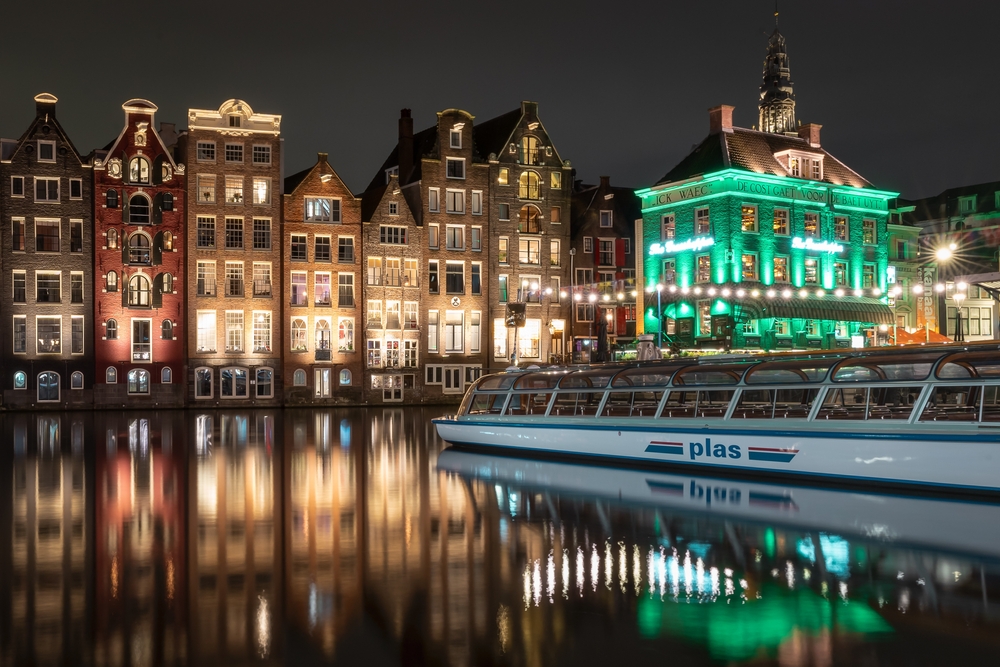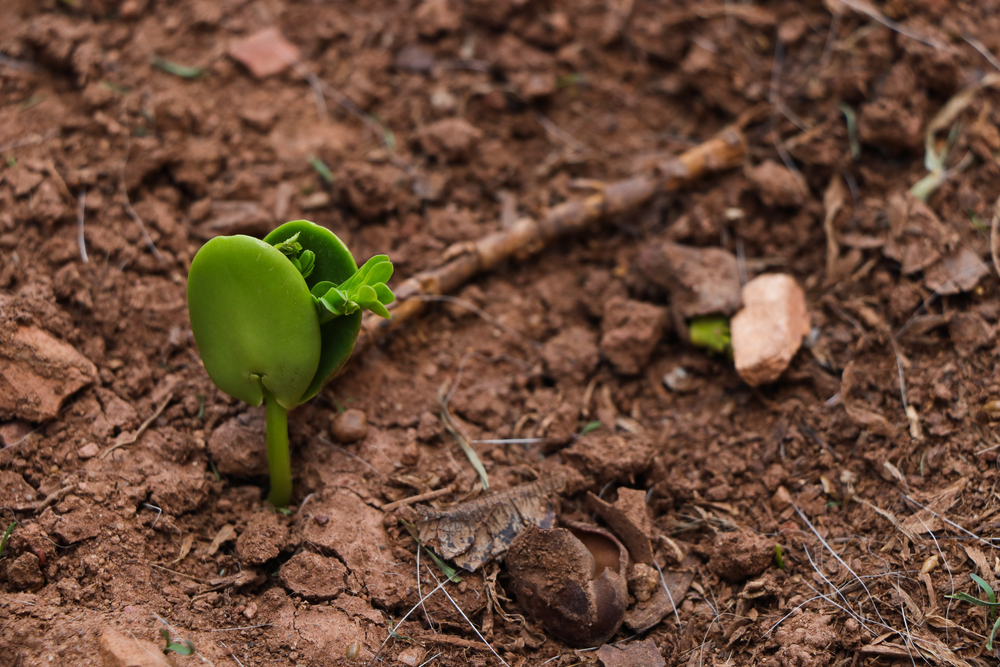Five of the 51 European research grants allocated to young scientists at Dutch universities or research institutes went to researchers at Wageningen. The grants are worth 1.5 million euros on average.
The Netherlands did very well in this year’s round of European Starting Grants, getting a total of 51 grants. Big countries such as the United Kingdom (50), France (49), Italy (41) and Spain (33) got fewer grants; only Germany did better (87).
The personal Starting Grants are intended for researchers with a PhD who are starting out on their scientific career. The grant lets them set up their own team and spend five years on their research topic. This year, the European Research Council (ERC) had 780 million euros available for the Starting Grants. Almost 3500 grant applications were submitted, but only 494 (14.2 per cent) were successful. Meet the Wageningen recipients:
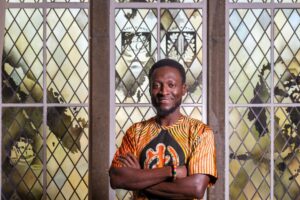
Cultural geographer Emmanuel Akwasi Adu-Ampong got a Starting Grant for his research on tourism in relation to slavery and the colonial past. Working with a postdoc and three PhD candidates, he will investigate the frictions arising from the transformation of slavery and colonial heritage for the purpose of tourism. He will look at three networks of colonial and slavery sites. In addition to the triangle of Ghana-Netherlands-Suriname, which is the setting for his Veni research project as well, he will study the Angola-Portugal-Brazil network and the Namibia-Germany-Brazil network.
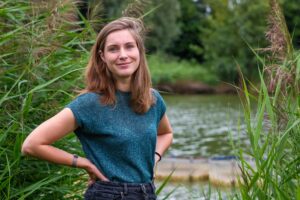
Hydrologist and modelling expert Lieke Melsen has been awarded the grant for research on hidden choices and values in water management models underpinning the policies implemented by governments and water authorities. Such models are often seen as neutral mathematical tools, but choices are made when building these models that can be influenced by values, interests, uncertainties and preconceptions. ‘They affect not only the model’s outcomes but also what you can do with the model and who it is for,’ she explains. Her team will examine the modelling process closely in three specific case studies: a Dutch model on water safety and an American model and Australian model, both on water water quality. The Australian model looks at the Great Barrier Reef.
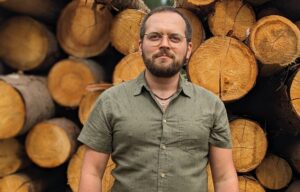
Forest and Nature Conservation researcher George Iordachescu got his grant for research on the EU’s decision to impose strict nature conservation in four mountainous areas and how that affects the relationship between people and the environment. This is connected to the EU’s goal of turning 10 per cent of Europe’s land area into wilderness as a way of implementing its climate and biodiversity policy. Iordachescu wants to find out whether power inequalities underlie the EU’s vision on nature. The areas he will be studying are the Southern Carpathians in Romania, the Central Apennines in Italy, the central Cantabrian mountains in Spain, and the Bieszczady mountains in southeast Poland. The research will include long periods of ethnographic fieldwork in the four mountain areas. Iordachescu will be assisted by three postdocs and one research assistant.
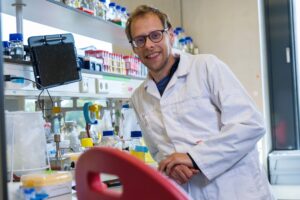
Microbiologist Nico Claassens was awarded his grant for research on an alternative to what is termed the Calvin cycle for extracting carbon dioxide from the atmosphere and potentially converting it into food and biofuels. Scientists have already thought up dozens of biochemical routes that ought to do this in theory. Claassens will now test whether that is the case in practice, using cells of the bacterium E. coli. ‘It is surprisingly difficult to study such biochemical reactions using the computer,’ he explains. He expects the ‘cell method’ will give him a good understanding of the speed of the enzyme activity crucial to this process in the various biochemical pathways, plus possible side-effects of the enzyme reactions.
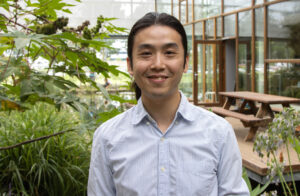
Plant researcher Kin Pan Chung, who only started at WUR this month, has got a grant for research on the inheritance of cytoplasmic genomes. Cytoplasmic genomes are small pieces of DNA found in organelles outside the cell nucleus, such as mitochondria and plastids. In most plants, the organelles and their DNA are passed on exclusively through the mother to the offspring. This means the father’s organelles and their genetic material are usually not part of the inheritance. Chung hopes a better understanding of how cytoplasmic genomes are transmitted to offspring will help develop crops with more favourable properties. Chung set the research line up in Germany, but joined the Laboratory for Plant Physiology this month as an assistant professor in the Tenure Track.

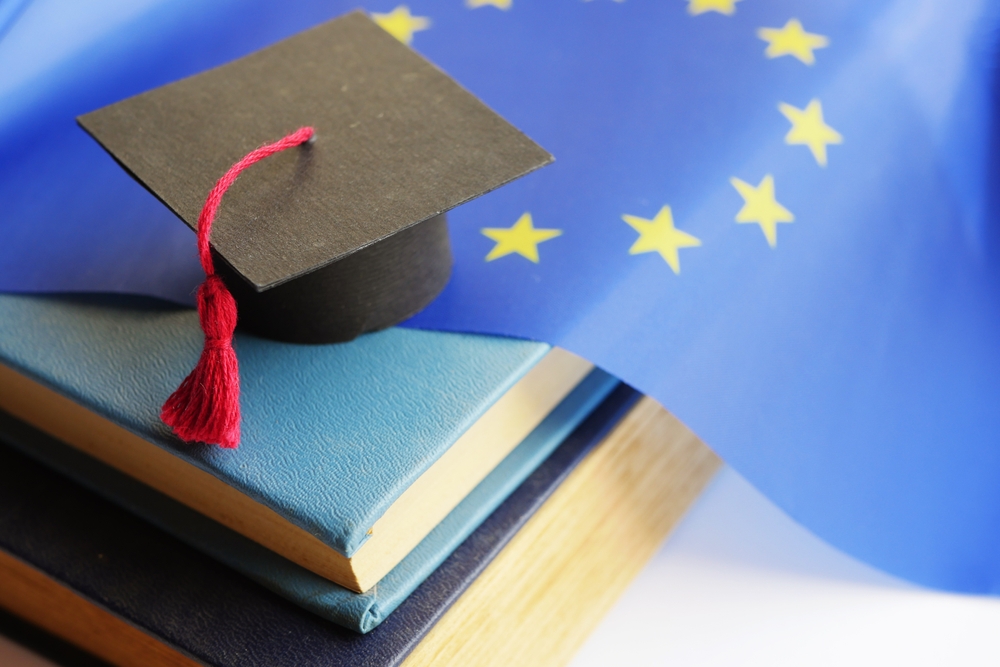 Photo Shutterstock
Photo Shutterstock 
